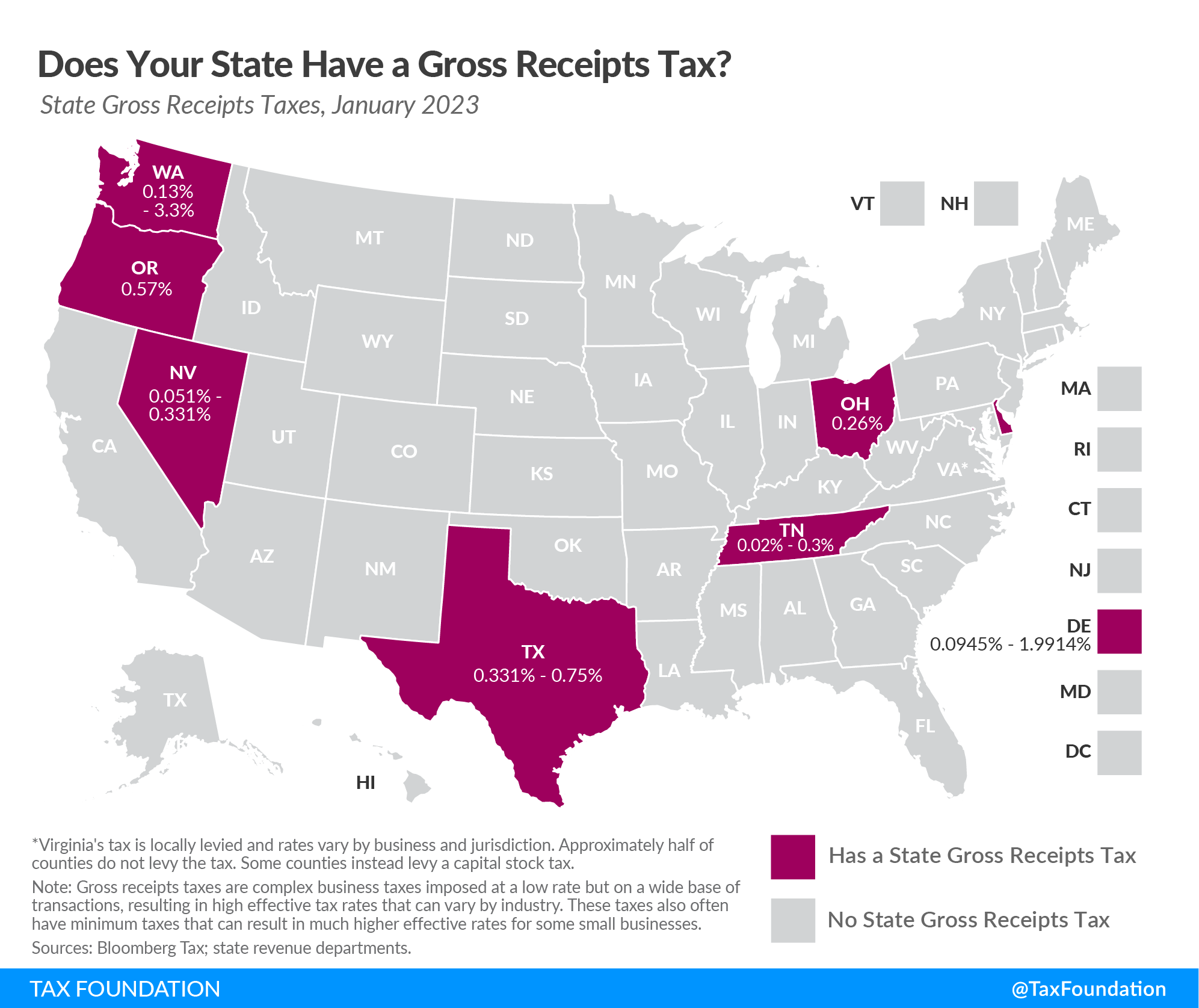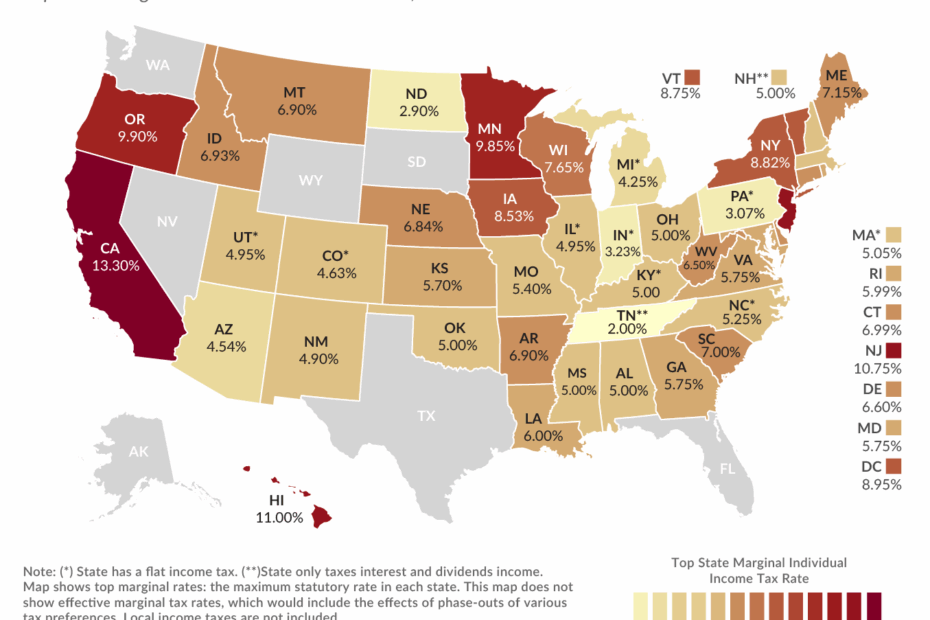Income tax in Texas is a topic that many residents are curious about. Understanding how income tax works in the Lone Star State can help individuals better manage their finances and plan for the future.
Unlike many other states, Texas does not have a state income tax. This means that individuals living and working in Texas do not have to worry about paying state income tax on their earnings. This can be a huge advantage for residents, as it allows them to keep more of their hard-earned money.
 Printable Article About Income Tax In Texas
Printable Article About Income Tax In Texas
Download and Print Printable Article About Income Tax In Texas
However, it’s important to note that Texas still has other taxes that residents need to be aware of, such as sales tax, property tax, and federal income tax. Sales tax in Texas is relatively high compared to other states, with a rate of 6.25% plus additional local taxes. Property tax rates in Texas can also be significant, so homeowners should be prepared for these expenses.
For federal income tax, residents of Texas still need to file their taxes with the IRS every year. While they may not have to pay state income tax, they are still subject to federal income tax laws. It’s important for individuals to understand how federal tax laws apply to them and to ensure that they are compliant with these regulations.
In conclusion, while Texas may not have a state income tax, residents still need to be aware of other taxes that apply to them. Understanding how taxes work in Texas can help individuals better plan for their financial future and ensure that they are in compliance with all tax laws. By staying informed and proactive, residents can make the most of their income and keep more of their money in their pockets.
